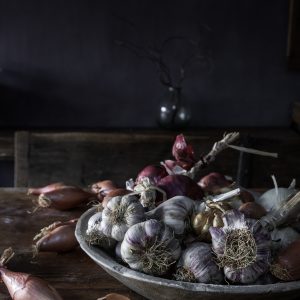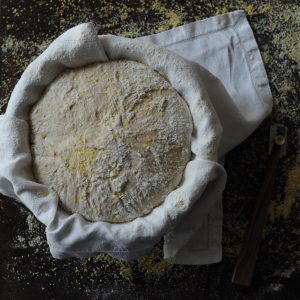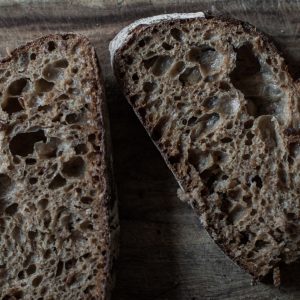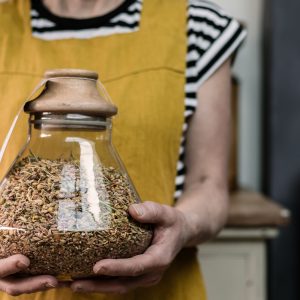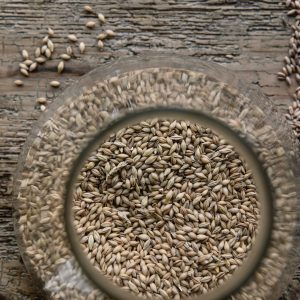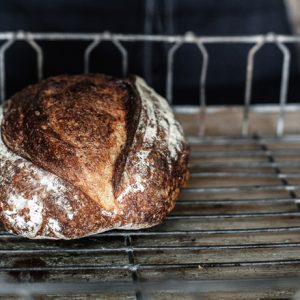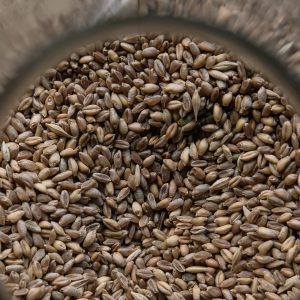The Prebiotics In Grains
It isn't possible to list every single prebiotic, but there are key ones that we look at, and as our syllabus is a living syllabus we add more to to library as we teach.
You can read the definition of a prebiotic here in the glossary.
Prebiotics are non-digestible food components that selectively promote the growth and activity of beneficial bacteria in the gut, thereby supporting gut health and overall well-being. These naturally occurring compounds are primarily found in a variety of plant-based foods, such as fruits, vegetables, and whole grains, and serve as a source of nourishment for the gut microbiota. In this comprehensive introduction, we will explore the role of prebiotics in maintaining gut health, with a particular focus on their presence in grains and the importance of diverse botanical ingredients in supporting a healthy gut ecosystem.
Grains, especially whole grains, are rich sources of prebiotics, which include various types of dietary fibre, such as resistant starch, oligosaccharides, and beta-glucans. These prebiotic fibres are resistant to digestion in the upper gastrointestinal tract and reach the colon, where they are fermented by the gut microbiota. Through this fermentation process, gut bacteria produce short-chain fatty acids (SCFAs) such as acetate, propionate, and butyrate, which have multiple health benefits, including anti-inflammatory effects, improved gut barrier function, and modulation of immune responses.
Diversity in grain sources and the incorporation of botanical ingredients, such as flowers, nettles, and legumes, can further enhance the prebiotic content of the diet. Grains like oats, barley, and rye are rich in beta-glucans and other prebiotic fibres, which can selectively stimulate the growth of beneficial bacteria, such as Bifidobacteria and Lactobacilli. Adding diverse botanical ingredients to the diet can provide a wide range of prebiotic compounds, promoting a more balanced and diverse gut microbiota, which is crucial for maintaining gut health and overall well-being.
The foundation of lifestyle medicine lies in promoting healthy habits, such as a balanced diet, regular exercise, and stress management, to prevent and manage chronic diseases. Dietary fibre and prebiotics play a pivotal role in this approach, as they nourish the gut microbiota and support various aspects of health. Healthcare practitioners prescribing dietary interventions and bakers creating bread should be well-informed about the importance of prebiotics and the role of diverse grain sources and botanical ingredients in maintaining a healthy gut ecosystem.

